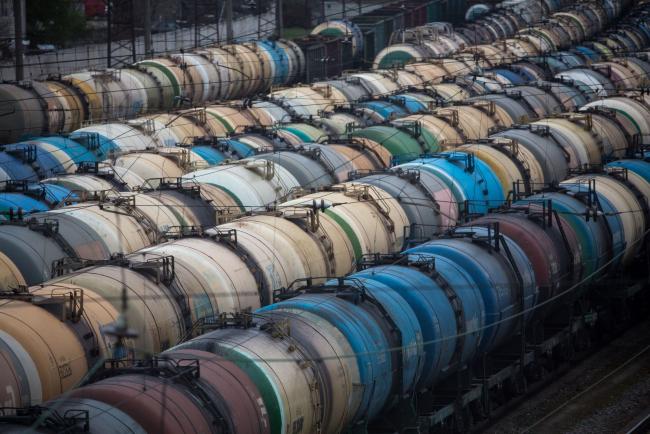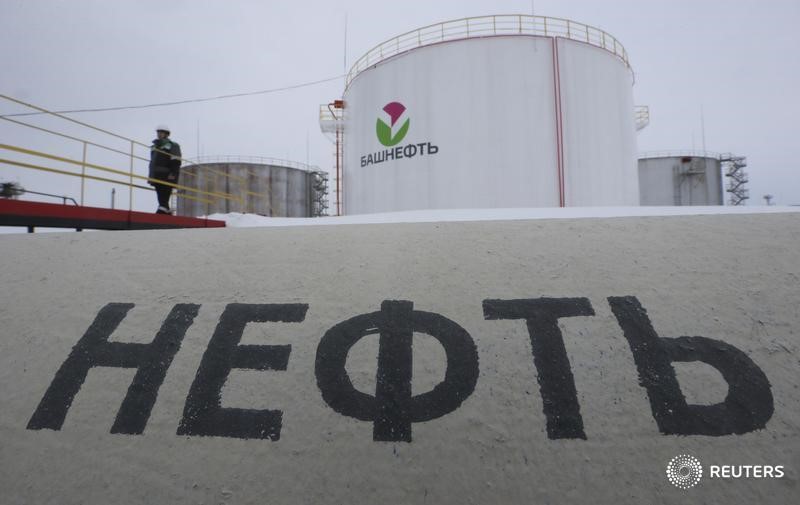(Bloomberg) -- Russia last month pumped below its OPEC+ oil-output target for the first time since the historic curbs began last May, failing to take full advantage of a more generous quota.
The nation produced 38.56 million tons of crude and condensate in February, according to preliminary data from the Energy Ministry’s CDU-TEK unit. That equates to 10.095 million barrels a day, based on a 7.33 barrel-per-ton conversion ratio.
Output of condensate -- a light oil extracted from natural gas -- is excluded from the OPEC+ deal. As the CDU-TEK doesn’t provide a breakdown between crude and condensate, it’s difficult to assess the nation’s compliance, but if February’s condensate production was in line with January, then daily crude output would be around 9.155 million barrels, some 30 thousand barrels per day lower than its OPEC+ quota.
Russia and close oil ally Kazakhstan were allowed to produce more in February and March under the deal reached between the Organization of Petroleum Exporting Countries and its partners. Russia’s quota rose by 65,000 barrels a day in February, and will do so again this month. Other OPEC+ members kept output flat, while Saudi Arabia voluntarily slashed an extra 1 million barrels a day. OPEC+ meets again this week to discuss production levels beyond March.
The cartel and its partners kicked off unprecedented cuts in supply last May as the coronavirus crisis caused fuel demand to collapse.
February, Russia’s first month of over-compliance with the deal, brought abnormally cold temperatures. The nation’s crude pipeline operator, Transneft PJSC, regularly recorded lower crude flows at some Siberian intake points over the month, citing frigid weather as one of the reasons.
The last time a severe winter led to cuts in Russian oil production was early 2017, at the start of the country’s cooperation with OPEC. In early January that year, the cold spell resulted in output reductions averaging 5,000 to 10,000 barrels a day, according to Energy Ministry estimates.
©2021 Bloomberg L.P.

